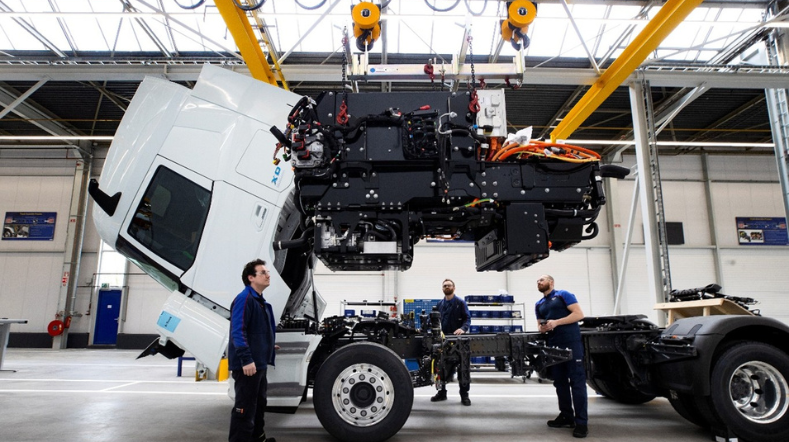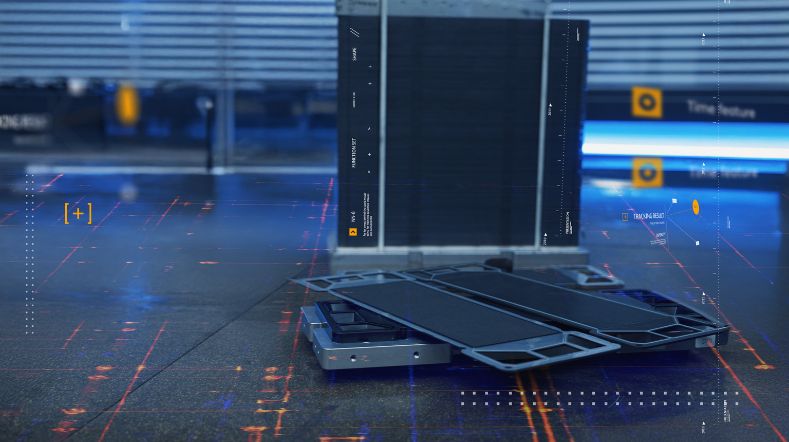SeBaPaD: Secure Battery Passport Demonstrator
Status project
October 2024 – June 2025
In cooperation with
NXP Semiconductors, ELEO Technologies B.V., INND Batteries, Hyster-Yale, VDL
The use of batteries has increased significantly, becoming essential for devices like electronics, electric vehicles, and renewable energy systems. However, this rise highlights the need to address battery sustainability, including ethical material sourcing, energy-efficient production, and proper disposal to minimise environmental harm. A circular economy approach, where batteries are reused, repurposed, or recycled, is gaining importance.
To promote sustainability, initiatives like the Battery Passport have emerged, providing detailed information about a battery’s lifecycle. Starting February 2027, batteries sold in the EU for light transport, industrial, and electric vehicles must have a Battery Passport, enhancing transparency in the battery value chain.
TNO joins forces with NXP and industry in the SeBaPaD project with the aim of demonstrating the development and the results of a secure battery passport.
How do we achieve this?
Research institutes and industry are now working on developing the technology for market introduction. TNO and NXP have been working together in the national project: Green Transport Delta – Electrification to develop and demonstrate a reference battery system that is capable of running a battery passport.
TNO developed the IT system which manages the storage, data sharing, and access rights management to the battery data. ELEO provided the battery system and NXP supplied a BMS (Battery Management System) which were all integrated for proof of concept testing.
The SeBaPaD project will take a next step by focusing on data security aspects. The effectiveness of the battery passport strongly depends on the trustworthiness of the data within the passport. To fulfil this requirement the project implements and demonstrated measures on hardware and software side.
The secure element in the BMS must ensure that tempering with sensors and data is detected and registered and that data is securely transmitted into the Battery Passport system . TNO will implement battery state algorithms that support a model based detection of tempering out of normal degradation of the battery.
Impact
The developed setup is demonstrated and disseminated by means of webinars. In the requirements and evaluation phase of the project industrial project partners, ELEO, Cleantron, Hyster-Yale and VDL will provide feedback. In this way the project will directly impact the competitiveness of Dutch industry.
- The project is funded by Holland High Tech
- Programme: Battery Integration | 2024-2027
- Total budgeted project costs: €261.170,00
Get inspired
National Growth Fund invests in Dutch battery consortium for heavy duty transport


TNO opens test cell for sustainable marine engines


Battery technology: 4 developments according to the Battery Lab


TNO joins Dutch chip security company Fortaegis as partner and investor


Fuel cells crucial for decarbonising heavy-duty transport and non-road machinery




